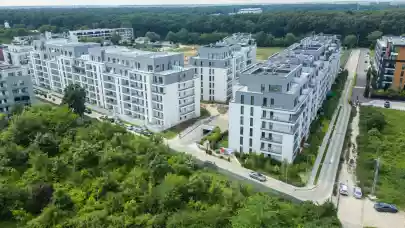
The Hungarian government has submitted for public consultation a proposal to amend the regulation commonly referred to as the “mall stop” (Government Decree No. 143/2018 (VIII.13.)), which governs the operation of commercial units larger than 400 sqm. The consultation period closed on 10 June. Legal experts from international law firm Taylor Wessing have analysed the potential implications of the proposed changes.
Under the draft legislation, any change of ownership or user of a commercial unit over 400 sqm would require a new permit, even if the property's commercial use remains unchanged. In effect, the permit would become person-specific. This means a new owner could only continue to operate the premises commercially if they also obtained the necessary permit. This requirement would also apply in cases where the property is transferred through a long-term lease or the establishment of a usufruct right, as the proposed regulation considers continued commercial use following any form of transfer as subject to approval.
"Although the draft does not precisely define 'user' or 'transfer of use', the language suggests that new tenants of retail units over 400 sqm would also be subject to the new permit requirement," noted Dr Dániel Ódor, Partner at Taylor Wessing’s Budapest office.
The amendment also tightens the rules on changes to sales areas. For instance, internal alterations such as the installation of partition walls would now also require a permit.
The proposed changes could significantly impact the retail real estate market. Any sale of a shopping centre or lease of a unit over 400 sqm to a new tenant would trigger a new permitting process.
“This would effectively redefine how commercial real estate is used in Hungary,” said Dr Ódor. “Tying permits to individuals or specific legal entities would increase administrative burdens for property owners and potentially slow down transactions and leasing activity. A less predictable regulatory environment could also deter foreign investors, who seek stability and transparency.”
The public consultation ended on 10 June 2025, but the final wording of the decree and its potential entry into force have not yet been announced.



